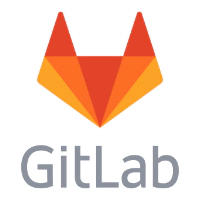The Case For Human-Centric Observability
Modern systems have resulted in an explosion of complexity for organizations of every size, shape, and purpose. In an effort to create more resilient and reliable software, we’ve cast around for solutions to tame and manage this complexity. Observability practices have come to be seen as essential for operating systems at scale, but in practice they’re often seen as technical solutions to what is ultimately a social problem: Software, at the end of the day, is built and run by people.
Human-Centric Observability is a methodology to evaluate observability practices by how they impact, and are built around, three distinct groups of people: external users, internal users, and engineers. In this talk, you’ll learn how to identify these groups and the value of putting them at the center of your observability practice. You’ll take away valuable insights from years of building and running deep systems at scale, and how we’ve built not only resilient software, but a resilient organization – one that can adapt to changing requirements and needs. At the end of this talk, you’ll have a framework to not only evaluate your own internal practices, but also be inspired to do more to make on-call suck less for your team.
Speaker

Austin Parker
Austin Parker has been solving - and creating - problems with computers and technology for most of his life. He is an Open Source Engineer at LightStep and maintainer on the OpenTracing and ...


















